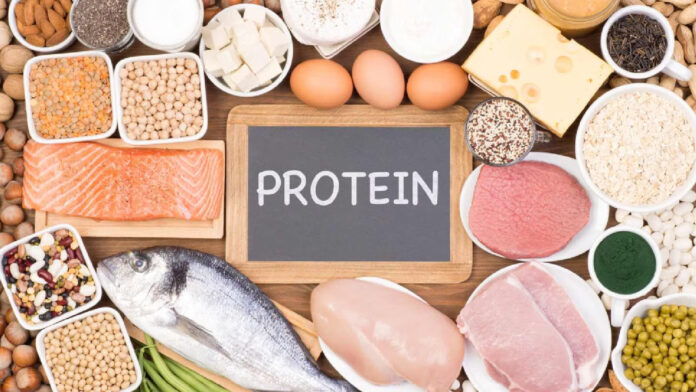A high-protein diet is often recommended for muscle building, weight loss, and overall health. However, excessive protein intake can have disadvantages, especially for individuals with underlying health conditions like kidney disease. Let’s explore its benefits, risks, and recommended daily intake.
Benefits of a High-Protein Diet
- Muscle Growth & Repair: Protein is essential for muscle recovery and development.
- Weight Management: High-protein meals keep you full for longer, reducing calorie intake.
- Stronger Immunity: Proteins play a key role in the immune system.
- Metabolism Boost: Increases calorie burning due to higher thermic effect of food.
Disadvantages & Risks of Excessive Protein Intake
- Kidney Strain & Risk of Kidney Failure:
- Excess protein increases nitrogen waste, which kidneys must filter out.
- For those with existing kidney problems, high protein can worsen kidney function.
- However, in healthy individuals, moderate high-protein intake does not cause kidney damage.
- Dehydration & Electrolyte Imbalance:
- Excess protein increases urine production, leading to dehydration if water intake is insufficient.
- Nutrient Imbalance:
- A diet too high in protein may lead to reduced intake of fiber, vitamins, and minerals from carbohydrates and fats.
- Digestive Issues:
- Can cause constipation or bloating due to a lack of fiber-rich foods.
- Heart Disease Risk:
- Animal-based proteins (red meat, processed meats) may increase bad cholesterol and heart disease risk.
How Much Protein is Necessary Per Day?
Recommended Daily Protein Intake (RDA)
- General Population: 0.8g per kg of body weight.
- Athletes & Active Individuals: 1.2–2.0g per kg of body weight.
- Bodybuilders & Muscle Gain: 1.6–2.2g per kg of body weight.
- Weight Loss (With Exercise): 1.2–1.6g per kg of body weight.
🔹 Example: If you weigh 70kg, your protein needs:
- General need: 56g (70×0.8)
- Muscle gain: 112–154g (70×1.6 to 2.2)
💡 Protein Sources (Per 100g Serving):
- Chicken breast: 31g
- Fish (Salmon/Tuna): 20–25g
- Eggs: 6g per egg
- Paneer (Cottage Cheese): 18g
- Lentils & Beans: 8–10g
- Nuts & Seeds: 5–7g
- Milk: 3g per 100ml
Key Takeaways
✔ Balance is key – A well-rounded diet should include proteins, carbs, and healthy fats.
✔ Drink enough water to prevent dehydration when consuming high protein.
✔ Consult a doctor before increasing protein if you have kidney issues.
✔ Choose quality sources – Prefer lean meats, fish, eggs, dairy, legumes, and plant-based proteins.
Would you like help in designing a balanced high-protein diet plan? 😊



